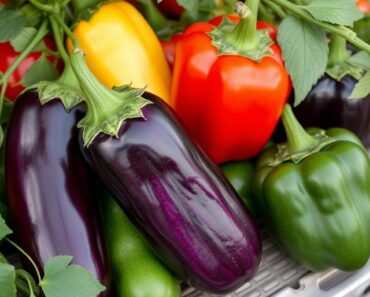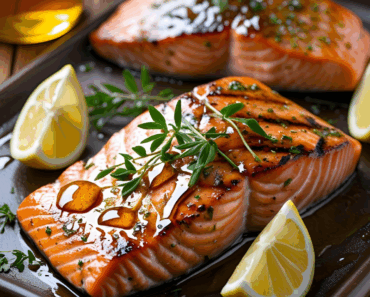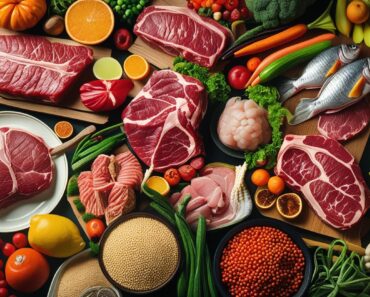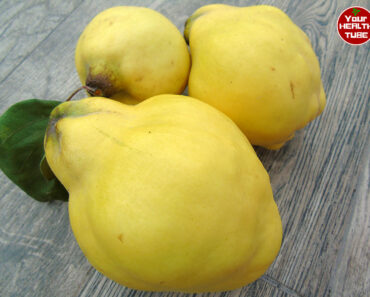The Dukan Diet, a high-protein, low-carbohydrate plan created by French physician Dr. Pierre Dukan, has gained international attention for its promise of rapid weight loss—often with claims of losing up to 10 pounds in just 7 days. But how realistic and safe is this goal, and what does the science say about the “Quick Dukan Diet”? Here’s an in-depth, evidence-based look at the Dukan Diet, its phases, effectiveness, risks, and what you should consider before attempting such a rapid transformation.
The Dukan Diet is structured around four distinct phases:
-
: Pure protein foods, such as lean meats, fish, eggs, and fat-free dairy, are consumed for 2–7 days. This phase is designed to kick-start rapid weight loss.
-
: Alternates days of pure protein with days that add non-starchy vegetables. This phase continues until you reach your target weight.
-
: Gradually reintroduces some carbohydrates and fats, with the goal of preventing rebound weight gain.
-
: A lifelong maintenance plan, with one day per week of pure protein and daily oat bran.
The premise is that high protein intake boosts metabolism, reduces appetite, and preserves muscle mass while burning fat27.
-
: The Dukan Diet’s first phase is extremely low in carbohydrates, which depletes glycogen stores in your muscles and liver. Glycogen binds water, so its depletion leads to rapid water loss—often several pounds within the first week24.
-
: The restrictive food list and focus on lean proteins naturally reduce overall calorie intake, sometimes to as low as 1,000 calories per day15.
-
: Most of the initial weight lost in the first week is water, not fat. True fat loss is slower and requires a sustained calorie deficit over time45.
For some, especially those with a higher starting weight or those who have not recently dieted, losing 10 pounds in one week is possible—but the majority of this loss will be water, not fat. The more typical range is 4–8 pounds, with higher losses being less sustainable and potentially unsafe245.
-
: Protein is satiating and requires more energy to digest, which can help reduce appetite and increase calorie burn7.
-
: Restricting carbs forces the body to use stored glycogen and water, leading to rapid initial weight loss24.
-
: Limiting food variety reduces calorie intake due to monotony and fewer options5.
During the Attack Phase, you’re limited to:
-
Lean meats (chicken, turkey, beef)
-
Fish and shellfish
-
Eggs
-
Fat-free dairy
-
Small amounts of oat bran
-
Water, tea, and coffee
Vegetables and small amounts of oil are only added in later phases7.
The Dukan Diet’s restrictive nature can lead to deficiencies in:
-
(due to lack of fruits and many vegetables)
-
(except for minimal oat bran), increasing risk of constipation
-
: High protein intake increases the workload on kidneys and liver, potentially worsening existing conditions or causing new issues, especially with long-term use6710.
-
: Excessive protein and lack of healthy fats and fiber may increase cardiovascular risk over time67.
-
: Rapid weight loss can lower your basal metabolic rate, making it harder to maintain weight loss4.
-
: The diet’s rigid rules and food restrictions may promote unhealthy relationships with food and increase the risk of disordered eating behaviors17.
-
: The complexity and monotony of the diet can make it hard to stick to, leading to frustration and eventual weight regain245.
While the Dukan Diet can produce rapid weight loss in the first week, most people regain some or all of the weight once they return to normal eating habits. The body’s metabolism adapts to the lower calorie intake, and the loss of water weight is quickly reversed when carbohydrates are reintroduced245.
| Phase | Duration | Main Foods Allowed | Purpose |
|---|---|---|---|
| Attack | 2–7 days | Lean protein, oat bran, water | Rapid weight loss (mostly water) |
| Cruise | Variable (weeks) | Lean protein, non-starchy vegetables | Steady fat loss |
| Consolidation | 5 days per pound lost | Gradual reintroduction of carbs, fats | Prevent rebound |
| Stabilization | Indefinite | All foods, 1 pure protein day/week | Maintain weight |
-
: May be effective for rapid weight loss, but only under medical supervision and for those without pre-existing kidney, liver, or metabolic conditions67.
-
: Not recommended due to risk of nutrient deficiencies, organ strain, and poor sustainability146710.
-
: Individuals with diabetes, kidney or liver disease, cardiovascular issues, or those at risk of eating disorders467.
Given the risks, anyone considering the Dukan Diet—especially for rapid weight loss—should consult a healthcare professional first67.
| Diet Type | Rapid Weight Loss | Long-Term Safety | Balanced Nutrition | Sustainability |
|---|---|---|---|---|
| Dukan Diet | Yes (initially) | No | No | Low |
| Mediterranean | No | Yes | Yes | High |
| DASH | No | Yes | Yes | High |
| Keto | Sometimes | Unclear | No | Moderate |
Most health experts recommend less restrictive, evidence-based diets (like Mediterranean or DASH) for sustainable weight loss and overall health6.
: This sample is for informational purposes only. Consult a healthcare provider before starting.
:
-
Breakfast: Scrambled egg whites with smoked salmon
-
Snack: Fat-free Greek yogurt
-
Lunch: Grilled chicken breast
-
Snack: Sliced turkey
-
Dinner: Baked cod with herbs
-
Fluids: Water, black coffee, or tea
:
-
Alternate pure protein days with protein + vegetable days
-
Example (Protein + Veg Day):
-
Breakfast: Omelet with spinach and mushrooms
-
Snack: Fat-free cottage cheese
-
Lunch: Grilled turkey with steamed broccoli
-
Snack: Sliced cucumber
-
Dinner: Roasted lean beef with asparagus
-
: 1–2 tablespoons oat bran; at least 1.5 liters of water
:
-
Rapid initial weight loss can be motivating9.
-
No need to count calories or weigh food9.
-
Clear, structured rules6.
:
While the Dukan Diet can lead to rapid weight loss, including the possibility of losing up to 10 pounds in a week, the majority of this loss is water—not fat. The diet’s restrictive nature, potential health risks, and lack of long-term sustainability make it a controversial choice among nutrition experts12456710.
Safer, more sustainable approaches—such as adopting a balanced diet rich in whole foods, regular physical activity, and gradual calorie reduction—are strongly recommended for lasting weight loss and overall health6.
If you are determined to try the Dukan Diet, do so only with medical supervision and a clear understanding of the potential risks and limitations. Remember: rapid weight loss is rarely sustainable, and your health should always come first.
- https://www.healthline.com/nutrition/dukan-diet-101
- https://www.webmd.com/diet/a-z/dukan-diet
- https://fitelo.co/diet/dukan-diet/
- https://health.clevelandclinic.org/dukan-diet
- https://patient.info/healthy-living/weight-loss-weight-reduction/dukan-diet
- https://www.vively.com.au/post/the-definitive-guide-to-the-dukan-diet
- https://www.iherb.com/blog/dukan-diet-benefits-phases-foods/1792
- https://www.health.com/dukan-diet-7152968
- https://www.news-medical.net/health/Dukan-Diet-Pros-and-Cons.aspx
- https://www.medicalnewstoday.com/articles/219612






